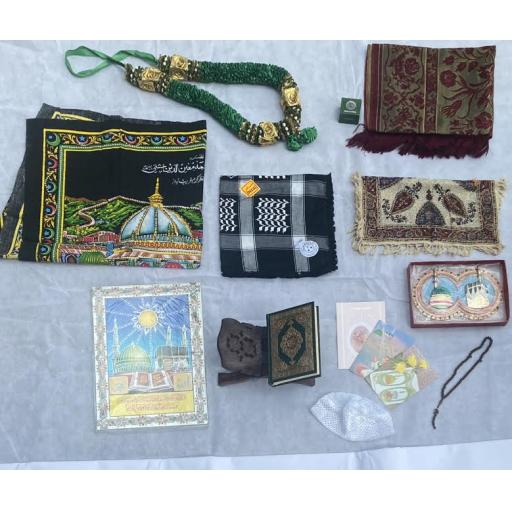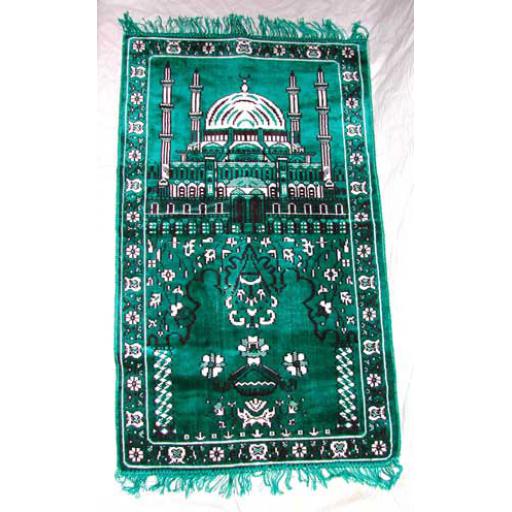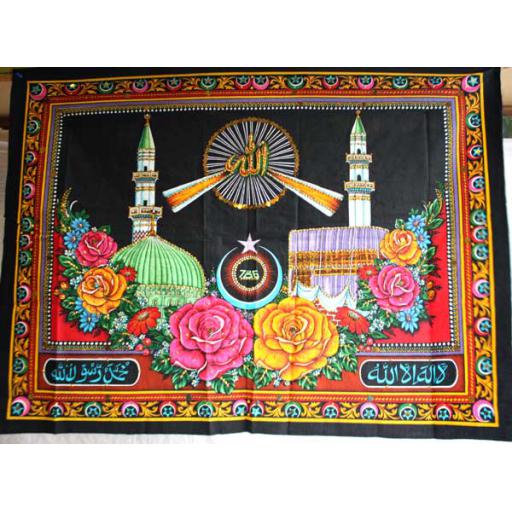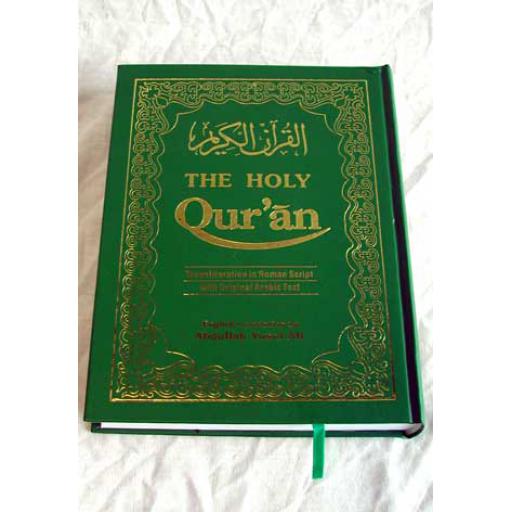Ramadan for KS1 and KS2: A Guide for Primary School Teachers.
Introduction.
Ramadan is a special month for Muslims all around the world. This month-long observance is a time for spiritual reflection, self-improvement, and increased devotion to God. It is important for primary school teachers to understand and teach about Ramadan in a respectful and inclusive manner. In this blog post, we will provide a guide to help teachers educate their students about Ramadan.
What is Ramadan?
Ramadan is the ninth month of the Islamic calendar. It is a time when Muslims fast from sunrise to sunset. Fasting means abstaining from food, drink, and other physical needs during the day. This includes abstaining from smoking, taking medication, and engaging in sexual activity. The purpose of fasting is to teach Muslims self-discipline, self-control, and empathy for those who are less fortunate.
What is the significance of ramadan?
Ramadan is a special month for Muslims as it is believed to be the month in which the Quran, the holy book of Islam, was revealed to the Prophet Muhammad. It is a time for Muslims to focus on their spiritual well-being, increase their acts of worship, and seek forgiveness for their sins. Ramadan is also a time for Muslims to strengthen their ties with family and community members.
Who should fast in Ramadan?
Fasting during Ramadan is mandatory for all healthy adult Muslims who have reached puberty. However, there are some exceptions. Children, the elderly, pregnant women, and those who are traveling are not required to fast. It is important for teachers to be aware of these exceptions and to be sensitive to the needs of Muslim students who may not be fasting.
What do Muslims do for Ramadan?
During Ramadan, Muslims wake up early in the morning to have a pre-dawn meal called Suhoor. This meal is important as it provides energy for the day ahead. Muslims then fast throughout the day until sunset, when they break their fast with a meal called Iftar. Iftar is often a communal meal shared with family, friends, and members of the community. It is also common for Muslims to engage in acts of charity and community service during Ramadan.
Which religions take part in Ramadan?
Ramadan is a Muslim observance, but there are other religions that have similar practices. For example, Jews observe a similar fast called Yom Kippur, and Christians observe Lent, which involves fasting and self-reflection. It is important for teachers to be aware of these practices and to be respectful of different religious beliefs.
Tips for Teachers When teaching about Ramadan, it is important to be inclusive and respectful of Muslim students. Here are some tips for teachers:
-
Educate yourself: Learn about Ramadan and its significance so that you can answer questions from students.
-
Respectful language: Use respectful language when discussing religious practices and beliefs.
-
Inclusivity: Be inclusive of Muslim students by acknowledging their beliefs and providing accommodations if necessary.
-
Cultural awareness: Understand the cultural traditions and practices that accompany Ramadan, such as fasting, Iftar, and charitable giving.
-
Embrace diversity: Celebrate the diversity of your classroom and promote respect and understanding for different religious beliefs and practices.
Conclusion.
Ramadan is an important observance for Muslims all around the world. It is important for teachers to educate their students about Ramadan in a respectful and inclusive manner. By understanding the significance of Ramadan, who fasts, what Muslims do during Ramadan, and which religions take part, teachers can help their students gain a better understanding and appreciation of this important observance. By promoting inclusivity and understanding, teachers can create a welcoming and supportive learning environment for all students.
We have a range of resources, here at Starbeck Education, to aid in the teaching of all Religious and cultural subjects. Our aim is to make life easier for teachers, and for pupils to get a better understanding of religion and history, by handling and physically seeing items, rather than looking at them in a book or on the internet.


















